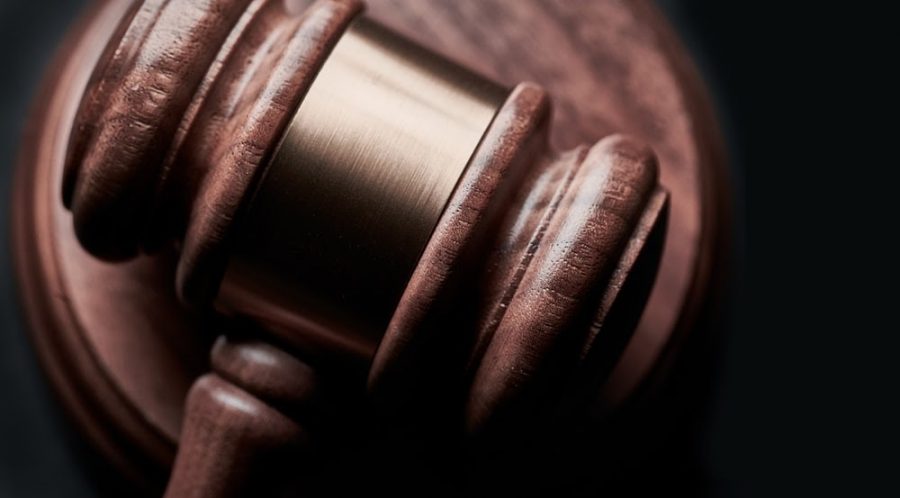Virginia first southern state to ban death penalty
A gavel representing power and authority in the justice system.
June 21, 2021
Gov. Ralph Northam signed a bill that would officially abolish the death penalty in Virginia on March 24, 2021. According to the Intercept, the ethicality of the death penalty, also known as capital punishment has done more harm than good in Virginia.
“It’s inhumane and cruel,” sophomore Aarav Siddabathuni said. “It’s astonishing that the ban has only happened now.”
One reason why the death penalty is so controversial is because of racial bias in courts. According to the Death Penalty Information Center, in 82% of the studies opened, race of the victim was an influential factor to whether the criminal would be put on death row. If the victim was white, the person who committed the crime would more likely be charged with capital punishment than if the victim were BIPOC. Prejudice against people of color and favoritism towards white victims put POC at an even greater risk of receiving the death penalty.
“The use of capital punishment is greatly immoral and the system racially biased,” sophomore Bala Mazimdar said. “The ban is better to protect [minorities], especially BIPOC.”
By being the first southern state to ban the death penalty despite having the highest number of executions in the U.S, many hope Virginia’s initiative on the ban will influence other state on taking similar action. According to the Death Penalty Information Center, Virginia has executed the highest number of death-row prisoner in the U.S., with only one innocent person being freed from death row.
“Hopefully, other southern states will follow VA’s example,” Siddabathuni said. “[Since the leading state] in executions banned it, [other states will] ask themselves why they still have the death penalty, and decide to ban it.”
It is often argued that of the death penalty is necessary in order to match the severity of the crime to an equally severe punishment.
“One example in which I feel the use of the death penalty was justified, was the Ted Bundy case,” Mazimdar said. “There was an abundance of evidence, and more people felt comfortable knowing people like him wouldn’t be able to cause harm any more.”
With the sentence of the capital punishment, the criminal no longer holds the ability to harm anyone, and with this comes reassurance. In the Ted Bundy case, the notorious serial killer and rapist, confessed to the murder of 30 women, but the true number of his victims will never be known. With the large number of victims of he had harmed, it was for the safety of the public that he would be given the death penalty.
However, there have been cases where victims of the death penalty were actually innocent. On July 23, 1997 Joseph Odell was executed for the rape, murder and sodomy of Helen Schartner, even when there was more evidence that should have been reexamined. He and his wife appealed to the court numerous times to release the evidence for further investigation; however the circuit court rejected it and decreed for the destruction of evidence.
“Imagine the pain those families have to go through, to have their innocent loved ones seen as guilty in the eyes of the law,” Mazimdar said.
According to the Death Information Penalty Center, the total vote in the Virginia Senate to ban the death penalty was 21 to 17, which resulted in the passing of the legislation. As it passed, the two people who remained on death row, now have their sentences converted to life in prison without parole. Overall, the ban on the death penalty in Virginia has made it so that under no circumstance may someone have their life taken away due to their crime.
“I’m very happy that the death penalty can no longer be used in Virginia,” Mazimdar said. “I hope to see more states follow our footsteps and ban the death penalty as well.”



